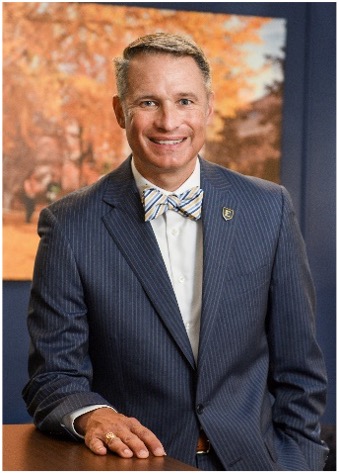Operating Founders

Patrick Kelly
Dr. Kelly serves as Research Officer at the Alabama Commission on Higher Education, the Kentucky Council on Postsecondary Education, and East Tennessee State University. He leads projects with staff related to demographic and education trends, workforce characteristics and participation, and student and institutional performance. Dr. Kelly also provides policy analysis and research services through Ed Work Strategy.
Patrick was previously Vice-President at the National Center for Higher Education Management Systems (NCHEMS) where he worked with college leaders, state postsecondary education and system leaders, and workforce and economic development leaders to improve postsecondary education and its alignment with workforce and economic needs.

Dan Cohen-Vogel
Building on two decades of decision support and public service, Dr. Cohen-Vogel founded consulting firm DataWorks Partners to help educational organizations strengthen their strategic and operational decision making through improved data and analytics capabilities. He has supported universities, government agencies, and nonprofits.
Previously, he served as Vice President for Data & Analytics in the University of North Carolina System, Assistant Vice Chancellor for the State University System of Florida, a senior legislative analyst in Florida and Tennessee, and a consultant in multiple states and internationally. Dan earned master’s and doctoral degrees in applied economics from the University of California, Berkeley and a bachelor’s from the University of Pennsylvania.
.
Founders & Board Members

Houston Davis
Dr. Davis is the 11th president of the University of Central Arkansas. Prior to UCA, Davis was interim President of Kennesaw State University and served as CAO of the University System of Georgia. Davis served as the Vice Chancellor for Academic Affairs for the Oklahoma State Regents for Higher Education, as Associate Vice Chancellor for the Tennessee Board of Regents, on faculty and in leadership for Austin Peay State University, in fiscal and academic affairs for the Tennessee Higher Education Commission, and as a regional counselor for the University of Memphis. He received his Ph.D. from Vanderbilt University with other degrees from the University of Memphis and Tennessee State University.

Brian Noland
Dr. Noland became the 9th president of East Tennessee State University in January 2012. Under his leadership, ETSU embarked upon a series of mission-driven transformative initiatives related to teaching, research, and service. With the construction of the Martin Center for the Arts and Greene Stadium and the renovation of the Culp Student Center and the Interprofessional Education and Research Center, ETSU has launched the largest volume of capital projects in its history.
Sustaining ETSU’s focus on regional service, President Noland has partnered with civic and corporate entities to launch and sustain regional initiatives such as Overmountain Recovery, the region’s only fully comprehensive treatment and addiction recovery center. And a partnership with Ballad Health, a local health system to establish a first-of-its-kind institute dedicated to promoting the awareness and study of adverse childhood experiences.
Prior to ETSE, Noland served as the Commissioner for Higher Education in West Virginia and Vice President at the Tennessee Higher Education Commission.

Jim Purcell
Dr. Purcell took the helm of the Alabama Commission on Higher Education in April, 2017. His tenure in Alabama, combined with Arkansas, Louisiana and Rhode Island, makes him the longest serving active State Higher Education Executive Officer in the country. He has served in cabinet positions of four governors which include one Republican (LA), two Democrats (AR, RI) and one Independent (RI).
During his career, he has served as chief higher education planning and research officer at public, private two- and four-year institutions, as well as at the state level. He continues to use this experience as a strong advocate for planning, the fidelity of implementation of strategic initiatives and ongoing assessment.
